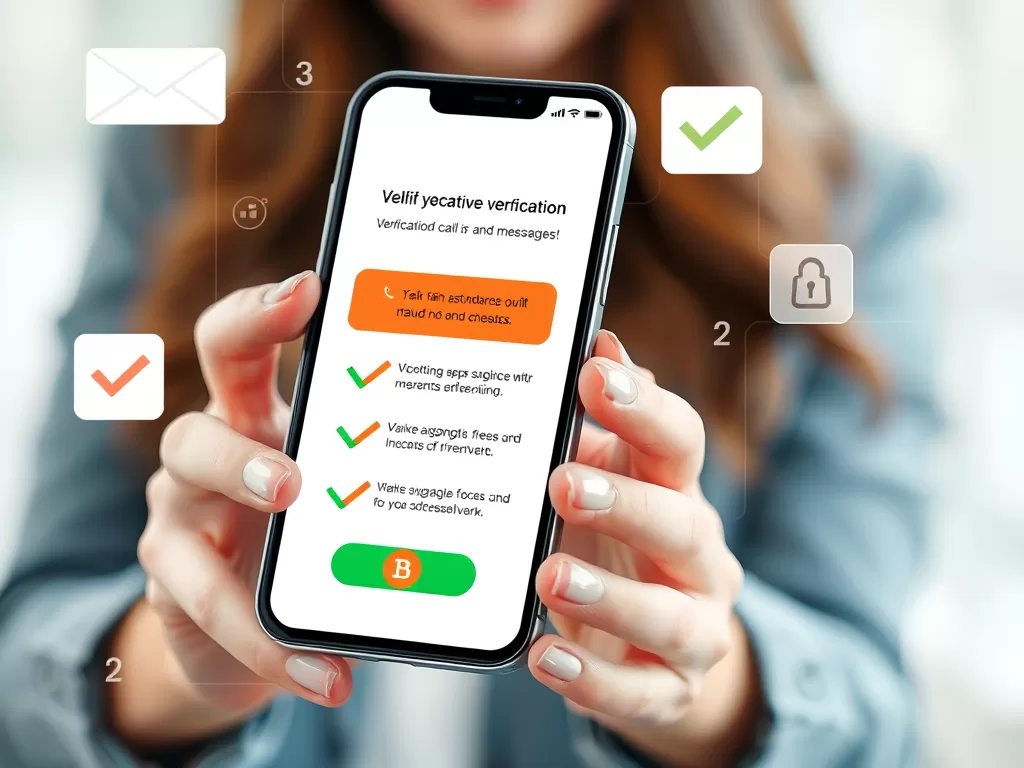
In a concerning development, the Supreme Court of India recently filed a cyber crime complaint with the Delhi Police against a social media account that impersonated the Chief Justice of India (CJI), DY Chandrachud. The fake account was used to deceive people and solicit money under false pretenses. This incident is a stark reminder of the increasing prevalence of online scams and impersonation frauds in India.
How Did the Impersonation Happen?
The issue came to light after a screenshot of a message allegedly sent by the fake account went viral on social media. The message, using the CJI’s name and his picture as the display image, asked an unsuspecting user, Kailash Meghwal, for ₹500 to pay for a cab ride. The scammer claimed to be “stranded” at Connaught Place (CP) in Delhi and in urgent need of money to attend a crucial Collegium meeting at the Supreme Court. The scammer even promised to return the money once he reached the Supreme Court, making the request sound urgent and credible.

To further convince the recipient, the scammer added a misleading “sent from iPad” note at the end of the message, attempting to lend authenticity to the scam. This small detail was meant to make the message seem more legitimate, as if it was genuinely sent by someone of high stature and importance.
Immediate Action by the Supreme Court
After becoming aware of the impersonation and scam attempt, Chief Justice DY Chandrachud took swift action. The Supreme Court’s security department immediately lodged a First Information Report (FIR) with the cyber crime department of Delhi Police. This move underscores the seriousness of the matter and the potential harm such scams could cause, not just to the reputation of public figures but also to ordinary citizens who might fall victim to such fraudulent schemes.
Understanding the Impersonation Scam
The scam involving the impersonation of the Chief Justice of India is a classic example of how cybercriminals exploit social media platforms to trick people. Impersonation scams often involve fraudsters creating fake profiles that resemble those of well-known personalities. They use these profiles to send messages asking for money or personal information. People who are unaware or not vigilant enough may believe they are helping someone they trust or respect, only to realize later that they have been scammed.
Another Case of Impersonation Fraud: A Broader Trend
This is not an isolated incident. Earlier in March, a 42-year-old man named Ayub Khan was arrested for impersonating a Delhi Police crime branch inspector. Khan used this fake identity to defraud people by offering to sell luxury cars and expensive mobile phones supposedly auctioned by Delhi courts at extremely low prices. He managed to cheat two individuals of ₹4 lakh through this scheme. Following a detailed investigation, the police arrested Khan and found a forged identity card of the Delhi Police in his possession.
Khan was not a first-time offender. He had been involved in at least four other similar cheating cases reported at various police stations across Delhi, including Kamla Market, Daryaganj, Hari Nagar, and Parliament Street. The police revealed that Khan used the money he scammed to fund a lavish lifestyle, including spending it at high-end nightclubs in Delhi and Mumbai.
How to Protect Yourself from Impersonation Scams
Given the rise in impersonation scams, it is essential for everyone to be vigilant and cautious when using social media platforms or engaging in online financial transactions. Here are some practical tips to safeguard yourself from falling victim to such scams:
- Verify Identities: Always double-check the authenticity of messages or requests for money, especially if they appear to come from public figures or government officials. Use official contact details to verify any suspicious requests.
- Look for Red Flags: Be cautious of urgent requests for money, especially if they come with promises of quick returns. Scammers often create a sense of urgency to pressure you into acting without thinking.
- Check for Profile Authenticity: Be aware that social media profiles can be easily faked. Look for signs such as limited followers, recent account creation, or spelling errors in names and bios.
- Do Not Share Personal Information: Never share personal details, bank information, or OTPs with anyone, even if they appear to be from legitimate sources. Legitimate authorities will never ask for such sensitive information via social media.
- Use Strong Privacy Settings: Ensure your social media accounts have strong privacy settings. Limit who can see your posts and personal information to reduce the chances of scammers targeting you.
- Report Suspicious Activity: If you receive a suspicious message or notice an impersonation attempt, report it immediately to the platform and local authorities. Early reporting can help prevent others from becoming victims.
- Stay Informed: Keep yourself updated on the latest types of online scams and how they operate. Awareness is your first line of defense against cyber fraud.
Conclusion: Vigilance is Key
The impersonation scam involving the Chief Justice of India serves as a reminder that no one is immune to online fraud. The rise in such scams highlights the need for stronger cybersecurity measures and greater public awareness. As users, we must be vigilant, exercise caution, and stay informed to protect ourselves and our loved ones from falling prey to such deceitful schemes.
Online scams are evolving and becoming more sophisticated every day, but with the right knowledge and precautions, we can keep ourselves safe in the digital world.






